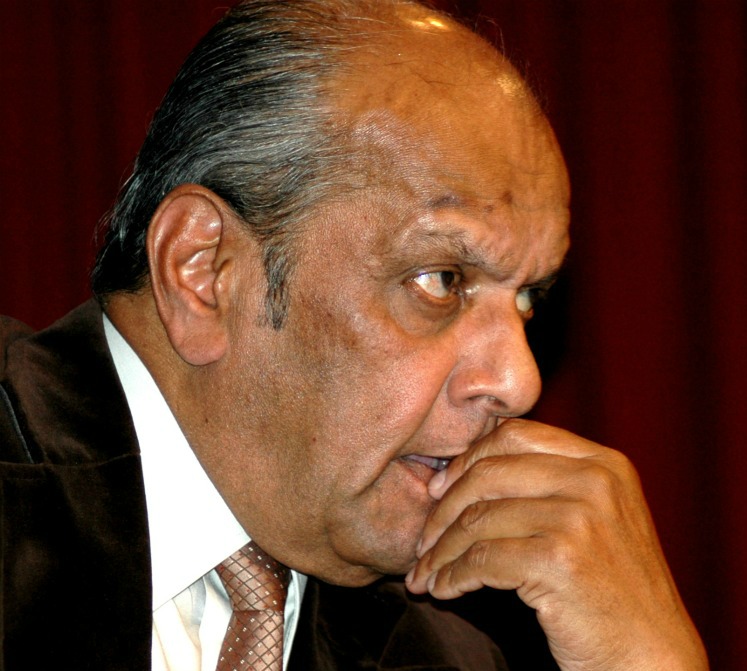
Reginald was born in Lahore before Partition. He writes books on various subjects pertaining to South Asia. A former London journalist, he now lives in Mid Wales with his actor wife Jamila. His latest book is Shaheed Bhagat Singh and the Forgotten Indian Martyrs, Abhinav Publications, New Delhi. A member of the Society of Authors, he is a Fellow of the Royal Society of Arts.

In the mid-1970s, I was chairman of a small film and TV production company, Seven Stars Limited, which had offices in Piccadilly, London.
There were three directors: Omer Ahmed, a businessman from Calcutta, Marc Alexander, a prolific author from New Zealand, and I. We had a businessman friend in Dhaka named Ghiasuddin Chowdhury.
Ghiasuddin told us that Bangladesh wanted to be put on the world map. It had been devastated and needed foreign aid.
Muhammad Ali was a great boxing hero at that time. His stand against the American involvement in the Vietnam War had won him many admirers all over the world. We thought: who better than Ali to front a film on Bangladesh?
Omer Ahmed and I made many trips to the US and eventually persuaded Ali that it was his duty to help this new country.
In the meantime, Ali had just been beaten by Leon Spinks. (Ed. note: see the fight here). Ali was very downhearted. We told him that he was still a hero in Bangladesh.